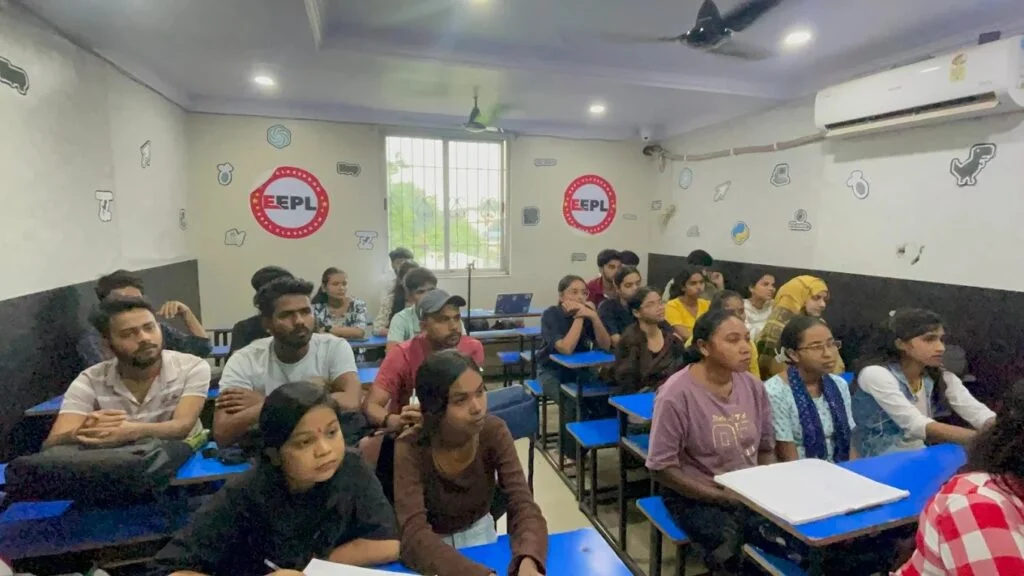Studying effectively is not just about memorizing information but ensuring that it stays with you for the long term. Here are some strategies to help you retain what you study:
1. Understand the Material
Before attempting to memorize, ensure you understand the concepts. Ask yourself questions, relate the information to real-life examples, and break down complex topics into simpler parts.
2. Use Active Learning Techniques
Passive reading is ineffective. Instead, engage in active learning by:
- Summarizing information in your own words
- Teaching the material to someone else
- Creating mind maps or diagrams
- Using flashcards

3. Practice Spaced Repetition
Spaced repetition is a technique where you review information at increasing intervals. Apps like Anki or Quizlet can help schedule your revisions, reinforcing learning over time.
4. Take Effective Notes
Good note-taking improves retention. Use methods like:
- The Cornell Method: Divide your page into cues, notes, and a summary section.
- Mind Mapping: Visualize connections between topics.
- Highlighting & Annotating: Mark key concepts and jot down thoughts in margins.
5. Apply What You Learn
Practical application strengthens memory. Try:
- Solving real-world problems using the knowledge
- Engaging in discussions and debates
- Writing essays or summaries without referring to notes
6. Test Yourself
Regular self-testing helps reinforce memory. Take quizzes, attempt past papers, or create practice questions to test your understanding.
7. Maintain a Study Routine
Consistent study habits lead to better retention. Set specific times for studying, avoid last-minute cramming, and follow a structured schedule.
8. Get Enough Sleep
Sleep plays a crucial role in memory consolidation. Aim for 7-9 hours of quality sleep and avoid studying late into the night without rest.
9. Stay Healthy
A healthy body supports a sharp mind. Ensure:
- A balanced diet rich in brain-boosting foods (e.g., nuts, fish, fruits)
- Regular exercise to improve focus and cognitive function
- Hydration for better concentration
10. Minimize Distractions
Create a distraction-free study environment. Use apps like Focus@Will or the Pomodoro Technique (25-minute study sessions with 5-minute breaks) to stay engaged.
Conclusion
Long-term retention requires a combination of understanding, active learning, regular review, and a healthy lifestyle. By incorporating these strategies, you can improve memory retention and make studying more effective and enjoyable.
For More Information and Updates, Connect With Us
- Name: Survi
- Phone Number: +91-7488713635
- Email ID: survi@eepl.me
- Our Platforms:
- Digilearn Cloud
- EEPL Test
- Live Emancipation
- Follow Us on Social Media:
- Instagram – EEPL Classroom
- Facebook – EEPL Classroom
- https://eepl.me/classes/index.php/blog/
Stay connected and keep learning with EEPL Classroom











